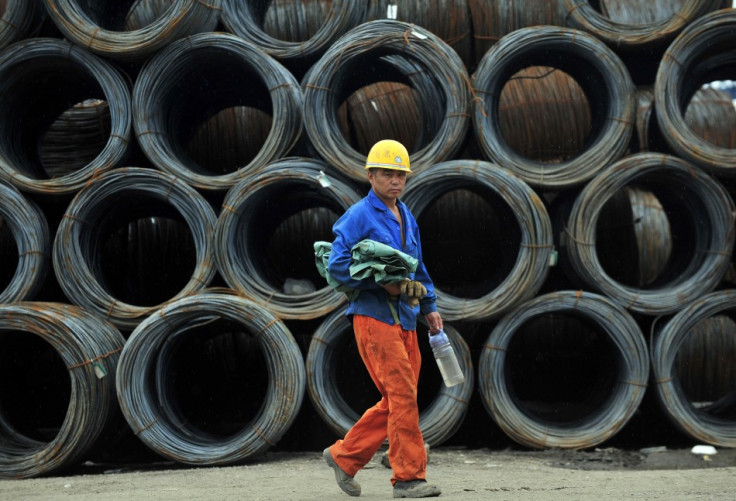China to Open More Private Banks to Finance Smaller Firms

The Chinese government has announced plans to set up more private banks in a bid to galvanise the stuttering economy and support smaller firms in need of finance.
The guidelines showed that the government intends to establish more village banks and financial companies in areas where smaller firms are set up.
Beijing has been trying to open up the banking sectors to private investors as the state-owned banks have processed the bulk of loans to help state firms and local government bodies.
"We will actively develop small-sized financial institutions and open up the channel for private capital to enter the financial sector," the cabinet said in a set of guidelines published on the central government's website.
"We will promote trials by private capital to initiate the establishment of private banks responsible for their own risks, as well as financial leasing companies and consumer finance companies and other financial institutions."
Small and medium-sized businesses in China create up to 75% of new jobs, and account for 60% of GDP.
According to the official guidelines, the cabinet said that the banks will be asked to widen credit securitisation in order to help small firms with more credit.
The qualified banks will be allowed to issue bonds and use the earnings to support the smaller firms. The banks will have to bear with the higher non-performing loans when they lend to smaller firms, the cabinet said.
China Minsheng Banking is the only private lender among the country's 10 largest commercial banks.
Slowing GDP
It was reported in July that China's GDP rose 7.5% in the April-June period from a year earlier, lower than the previous quarter's 7.7% growth, according to the National Bureau of Statistics.
It was speculated that China's economic growth could fall to its slowest pace in 23 years, after the country posted a drop in GDP in the second quarter.
The Chinese government has been trying to control credit expansion to avoid a deep financial crisis.
The government has announced various targeted measures to bolster the slowing economy. The measures include sliding taxes for small firms, strengthened support for exporters and heightened investment in urban infrastructure and railways.
© Copyright IBTimes 2024. All rights reserved.





